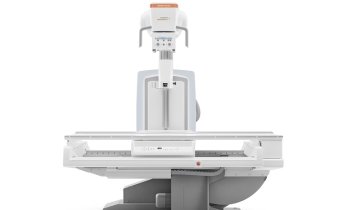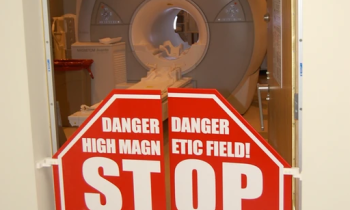Growing Europe-wide impact of eHealth
The 7th European eHealth conference kicked off on Thursday, February 19,, 2009, with high-profile attendance and a strong determination to bring forward the application of eHealth in the Member States and on a supranational level. Several national health ministers and secretaries of state pledged their clear commitment to further developing eHealth in Europe despite all of the current economic problems.

“EHealth offers many benefits for healthcare systems and individuals,” said the recently inaugurated Minister of Health of the Czech Republic, Daniela Filipiová, at the conference opening. She stressed that eHealth was increasingly becoming a natural part of the national healthcare systems in most European Member States. “EHealth can be of help in the transformation process that many healthcare systems are currently struggling with, and it can even affect the conduct of health insurance providers,” Filipiová outlined.
Communicating the benefits for patients
She also identified areas where further activities are needed, and many of the topics she mentioned were covered in the two-day conference. A key success factor, she stressed, was making European citizens and also healthcare providers understand the benefits that eHealth can have for them. “Interoperability is important, but so is the informed citizen,” Filipiová said. She also argued that there was a need to pay more attention to Information and Communication Technology (ICT) in medical training: “Most doctors agree that ICT can improve the quality of care, but they are often lacking adequate training and adequate technical support.”
Examples of the progress that European countries have made in introducing ICT solutions were given by representatives of several ministries of health. In particular the Minister of Health and Consumer Affairs of Spain, Bernat Soria Escoms, delivered an impressive insight into Spanish eHealth activities. Spain is currently building up a network of regional electronic health records (EHR) that will be made interoperable in the years to come. “More than 90% of all primary care facilities have access to regional electronic health records already, and 95% of all prescriptions are processed electronically,” Bernat Soria Escoms said. This has led to time savings for doctors of up to 20% and to a considerable reduction in patient waiting times for medical appointments. The minister promised to deliver more data on the financial impact of Spanish eHealth activities next year, when Spain will host the 8th European eHealth Conference in Barcelona (15-18 April 2010).
Prague Declaration calls for Europe-wide governance structure for eHealth
European Commissioner Viviane Reding gave a brief summary of the EC’s various efforts to stimulate European eHealth deployment in recent years. “Almost all objectives of the European eHealth Action Plan that was published by the EC in 2004 have now been achieved,” she said. “Europe is certainly starting to reap the benefits now.” In particular, she outlined the EC’s Recommendations on Interoperability that were published in July 2008 and the recent Communication on Telemedicine, published in November 2008. “Telemedicine in particular will facilitate individual access to safe and high-quality healthcare,” said Reding.
In line with this, the delegates of the European eHealth Conference adopted the “Prague Declaration” that was set up in cooperation with the EU Member States and with the European Commission. It encourages Member States to take concerted action on telemedicine, interoperability and European cooperation. And it also outlines the positive effects of ICT on patient safety and on quality of care. To facilitate the building of a “European eHealth area”, the Prague Declaration suggests discussing a Europe-wide governance structure for eHealth that might give additional impetus to the introduction of new eHealth services and remove existing obstacles. (HTW)
First published at Health Tech Wire
27.02.2009











